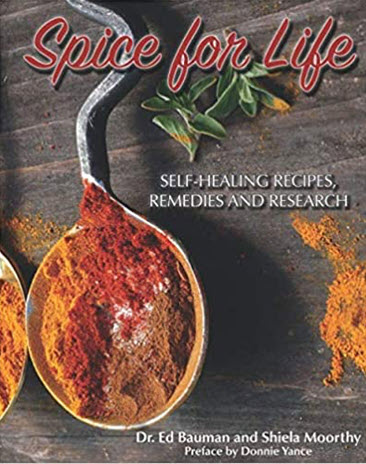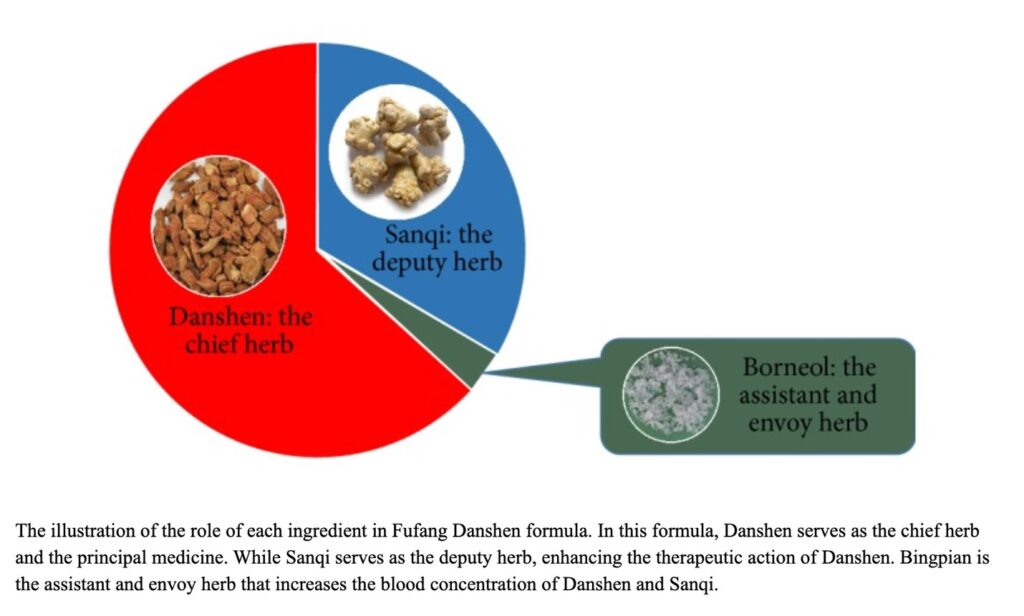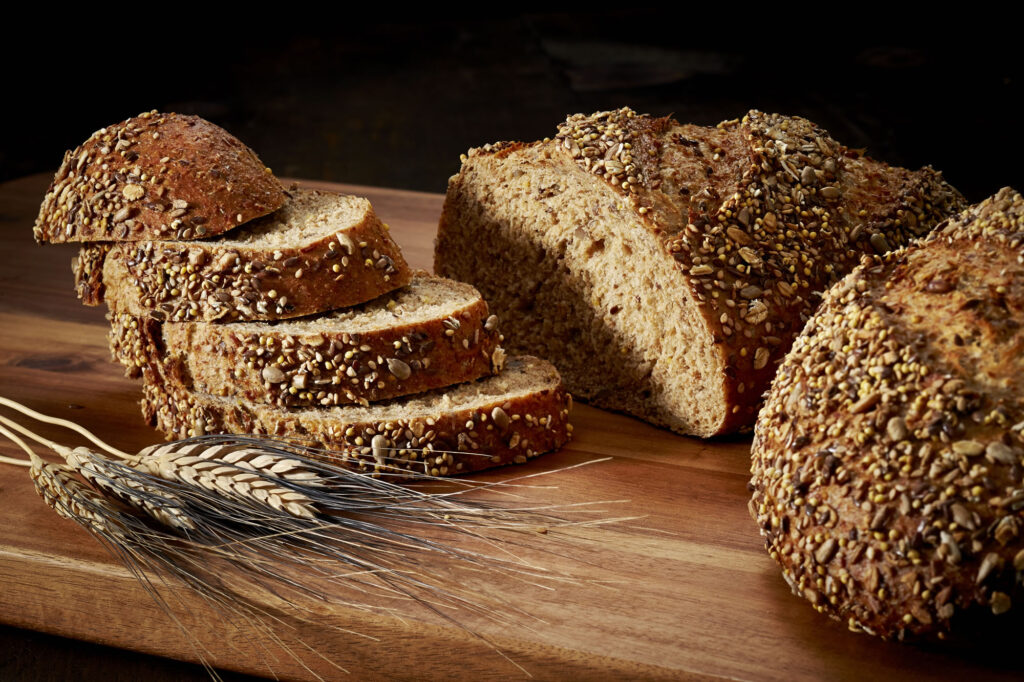Herbs and Spices as a Path to Health and Wellbeing

As a passionate home chef, I can’t imagine cooking without a full array of herbs and spices. And as an herbalist, I can’t imagine creating a health protocol without the use of herbs and spices. Fortunately, culinary and medicinal herbs are often one and the same. As Hippocrates said: “Let food be thy medicine and […]
Current Research on Herbs and Nutrients Holds Promise Against COVID-19

I’ve grown frustrated and concerned over the degree to which the news surrounding COVID-19 focuses on fear and the promise of a ‘super hero’ vaccine that will eventually save us. Every week, I come across research that supports the use of herbal and nutritional compounds, diet, and lifestyle that have been shown to be of […]
Synergistic Effects of Herb Extracts and How They Might Assist in Cancer Drug Therapies

In exciting new research, clinical studies for the first time are reporting convincing evidence of the value and credibility of herbal therapeutics in cancer treatments. As an herbalist, botanical medicine has been an essential part of my toolbox for decades as a useful complement to conventional medicine in oncology as well as other chronic diseases, […]
Hope, Wisdom and Science from the Plant Kingdom in the Ongoing Covid Crisis

Interestingly, the main benefit of herbs is their working relationship with our own innate ability to ward off pathogens, such as viruses. This in part is what makes herbal medicine so unique. Although herbs provide some direct anti-viral activity, they primarily act in a non-specific, adaptive manner.
Herbal Remedies for Acute Viral Infections

The Traditional Medical System Perspective Long before the advent of modern conventional medicine, traditional doctors in the East and Western herbalists from the Vitalist and Eclectic traditions were using plants to help people overcome infectious acute diseases. The constellation of symptoms that the patient presented with were considered to be caused by the entrance of […]
Immune-Enhancing Soup

This nourishing soup is a delicious way to naturally boost your immunity. Traditionally prepared in cultures throughout the world, bone broth is easily digested and provides a wealth of nutritional and immune support factors. I myself do not eat meat and promote a 85/15 ratio diet of plant foods to animal foods. When people have […]
The Hidden Dangers of Proton Pump Inhibitors (PPIs)

Proton pump inhibitors (PPIs) are among the 10 most widely used drugs in the world. In 2012, there were 157 million prescriptions written for these stomach-acid inhibiting drugs.1 More than likely, either you or someone you know is taking these medications. While PPIs may alleviate the problem of excess stomach acid, many people don’t realize […]
The Health Benefits of Whole Grain Bread

Whole Grain, Stone Ground, Organic Bread: It’s Good For You! If you’ve been reading my blog, you already know that I’m a big proponent of including grains in our daily diet. Not just any grains, though. Grains that are healthful for us are organic, whole grains, enjoyed either in their whole form or as freshly […]
The Pursuit of Truth in Medicine

Pursuit of Truth requires being and listening, rather than doing and assuming; and slowing down rather than speeding up. You must cultivate Truth. The great Eclectic School of Medicine of the early 1900’s had a Motto, which I stand by today. It read: “To Love the Truth, To Prove the Truth, To Apply the Truth, […]
